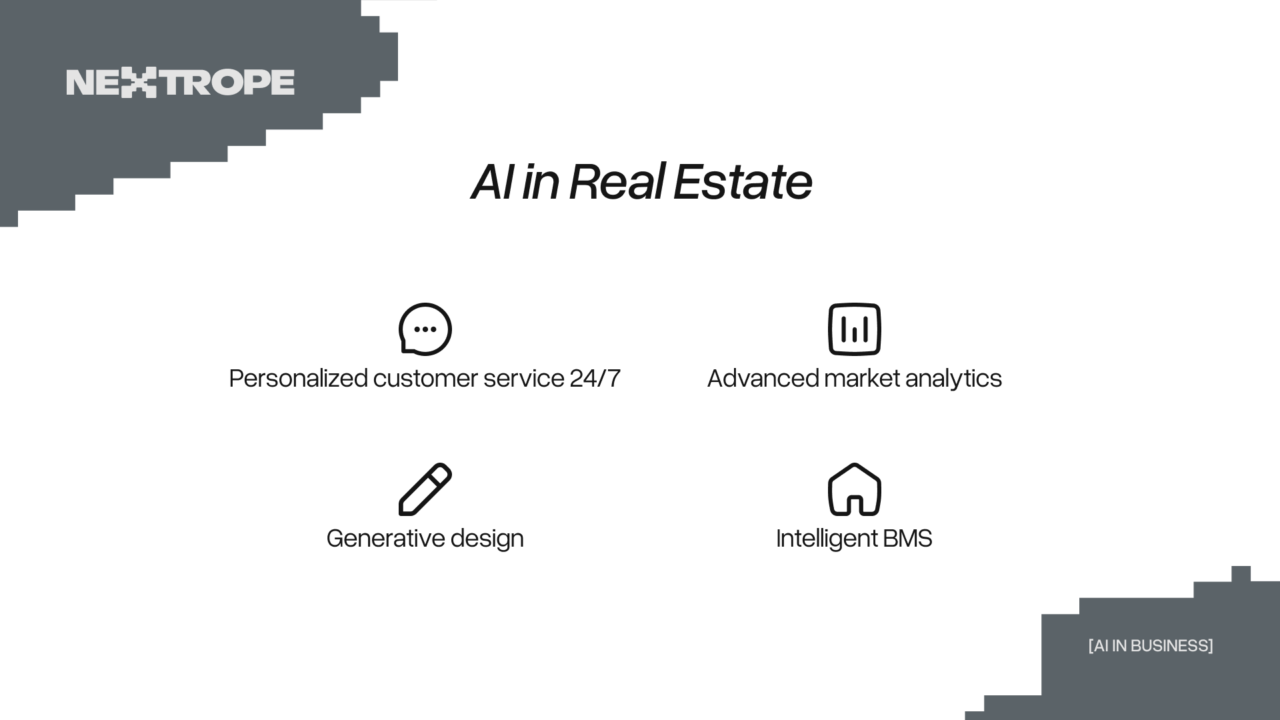Introduction
An online network called a gaming marketplace allows players to buy, sell, or trade virtual goods like in-game currency and equipment. They can communicate with other players to buy or sell items and to display their abilities and accomplishments. As a result of enabling safe and transparent transactions for virtual assets, the development of blockchain and NFT technologies has increased the potential for gaming markets. The expansion of the gaming ecosystem is made possible by gaming marketplaces, which are a crucial component of the gaming business. The traditional gaming market versus one based on blockchain will be compared in this essay, along with benefits and drawbacks.
Traditional Gaming marketplace
The term "traditional gaming market" describes how video games and related products have historically been purchased and sold. Normally, video game makers would build a game and then sell it through physical storefronts or online retailers like the Apple App Store or Steam. The game publisher, retailer, and marketplace would all receive a portion of the proceeds from these transactions.
As it has been in existence for so long, the conventional gaming business has provided game producers with a dependable means of making money off of their works. Also, it has made it possible for gamers to obtain new games and gaming content via well-known channels. The conventional gaming marketplace model does have some drawbacks, though.
Limitations in Traditional Gaming marketplace
The considerable amount of money lost to intermediaries is one of the drawbacks of the conventional gaming sector. The majority of the money made from the sale of video games usually goes to the publisher and the retailer or marketplace, leaving the developers with only a small share of the money. This might make it challenging for developers, especially smaller independent studios, to properly monetize their works.
It can be difficult for gamers to find fresh games and gaming content, which is another drawback of the conventional gaming market. It may be challenging for new games to stand out in the sea of games accessible on digital marketplaces, and many games may not get the attention they deserve.
The variety of games and gaming experiences that are offered in the traditional gaming market might also be constrained. The needs of publishers and retailers must frequently be met by game creators, which might restrict their creativity and the kinds of games they can produce.
Benefits of Blockchain technology in Gaming marketplace
Because it is a decentralized system, blockchain technology enables safe and transparent transactions without the use of middlemen. The gaming industry has just begun to investigate the possible advantages of blockchain technology in the gaming sector.
The capacity of blockchain to provide a safe and open ecosystem in the gaming industry is one of its main advantages. Blockchain technology enables secure digital asset ownership and transactions, which is crucial for the gaming industry because in-game cash and virtual goods have real-world worth. Blockchain technology can also establish an open market where players can view the real worth of virtual goods and in-game money.
In recent years, a number of examples of blockchain-based game marketplaces have appeared. One such instance is the Ethereum-based game Axie Infinity, which enables users to gather, nurture, and engage in combat with monsters known as Axies. Another illustration is the blockchain-based gaming marketplace Enjin, which enables players to design, exchange, and market unique gaming merchandise.

Limitations of Blockchain technology in Gaming marketplace
Yet, there are drawbacks and obstacles specific to blockchain in the gaming industry. The scalability of blockchain technology is one of the major issues because existing blockchain networks can only support a certain number of transactions per second. This can lead to problems in markets for video games where many transactions are occurring simultaneously.
The complexity of blockchain technology presents another difficulty because it might be challenging for non-technical consumers to comprehend and use. Furthermore, the implementation of blockchain technology in the gaming sector is still in its infancy, and it is unclear whether it will ever gain widespread acceptance.
Conclusion
In conclusion, it is apparent that blockchain technology has the ability to transform the gaming business and generate new opportunities for both players and developers, even though there are advantages and disadvantages associated with it in the market for gaming. The introduction of blockchain technology and non-fungible tokens (NFTs) has the potential to alter the gaming industry by opening up new avenues for both game producers and players to monetise their creations.
 en
en  pl
pl 












